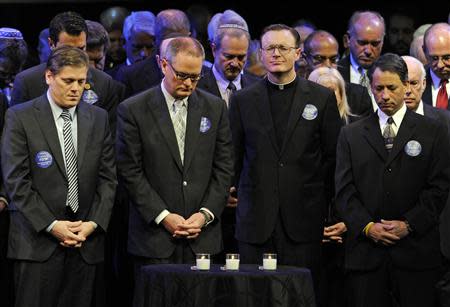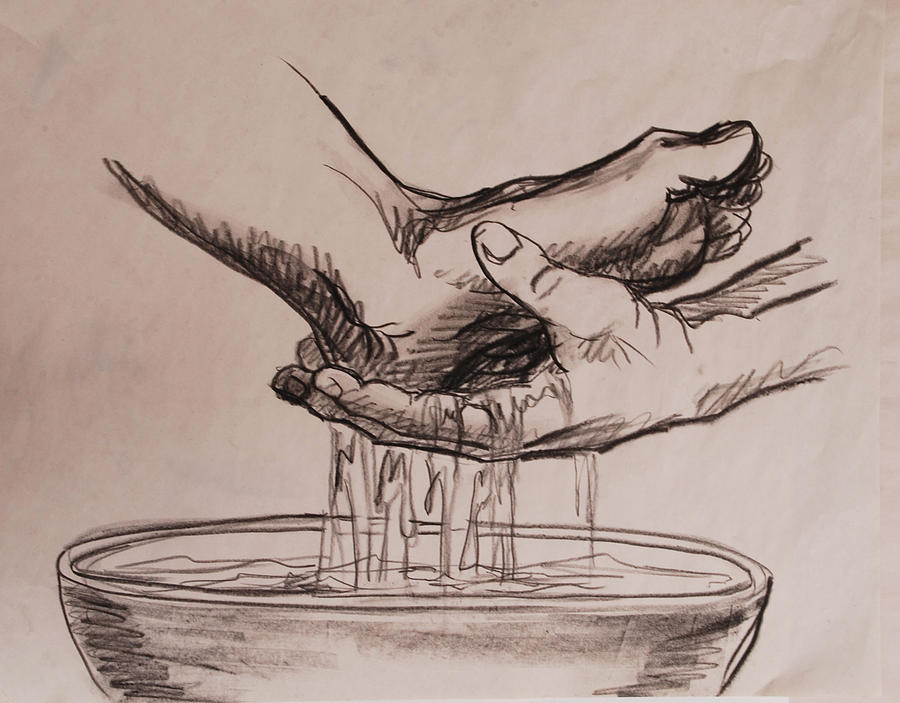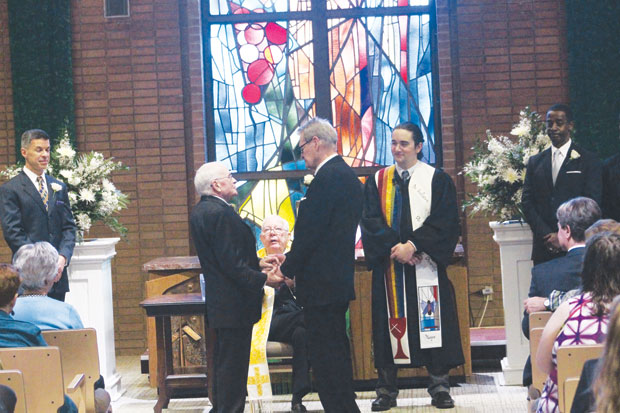This response is a very important statement and something of a relief in a world where money talks and often shouts down concerns about ethics and morality. League stars, past and present, lined up to decry Sterling and laud NBA commissioner Adam Silver for this decisive action.
I will add a couple of thoughts just the same. Donald Sterling has been a racist for a long time, and known for discrimination of various kinds in his basketball organization and in his business dealings away from basketball. I wonder why it has taken so long for the NBA to take action? It is also interesting to learn that a number of human and civil rights organizations have accepted money from Sterling despite his sordid reputation. It was as though he was attempting to launder his image by giving money to these organizations and they gratefully received it. The NAACP has announced it will not give Sterling their Humanitarian of the Year Award for 2014, nor will they accept his donation.
http://www.npr.org/blogs/codeswitch/2014/04/29/308054638/the-naacps-less-than-sterling-intentions Huh? How could he have been the recipient of that award in the first place?
And at the risk of sounding really old-fashioned, Sterling was "outed" about his blatantly racist views by his former "girlfriend" who is currently being sued by his wife. He regularly sat with this beautiful woman, less than half his age, in very public view at Clipper games. Aren't we rather selective about our morality? Apparently being a creepy old philanderer doesn't count any more. Ah well. One step forward...
I suppose it makes sense that as a pastor in a Christian church I muse about personal morality and the need for consistency. But of course we're all inconsistent in the way we apply our values, aren't we? Maybe I'm just a dinosaur...a Raptor, perhaps?
Do you have thoughts about this, O fearless readers?




















